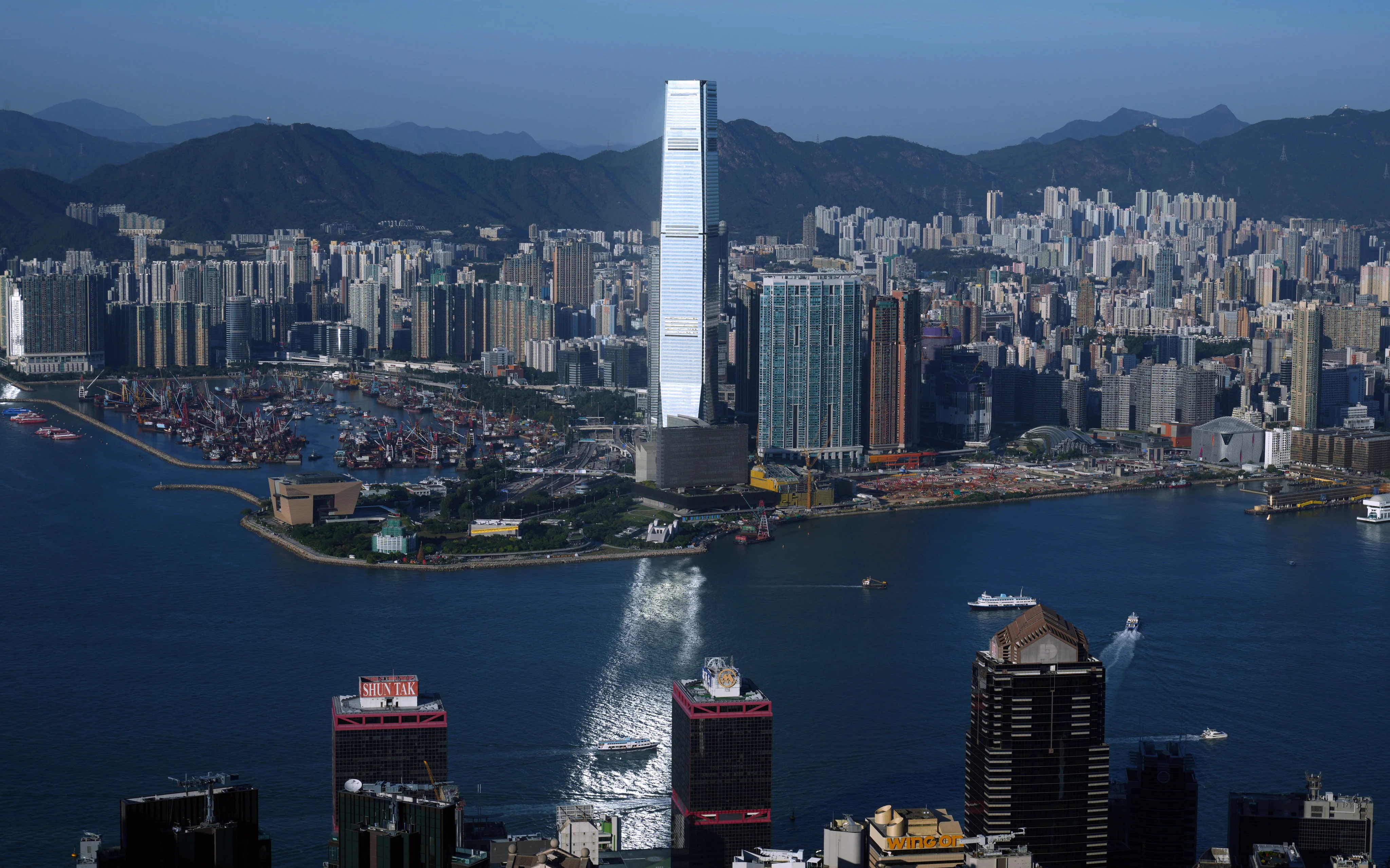Copyright scmp

Hong Kong has retained its leading position in three out of six major industries within the Greater Bay Area, according to an index comparing the relative advantages of 11 cities across the southern Chinese region. Shenzhen held onto its top spot in innovation and technology as well as manufacturing, while Guangzhou remained the leader in real estate. The Greater Bay Area Industry Development Index, compiled by Our Hong Kong Foundation and Dah Sing Bank, surveyed 3,400 companies across 11 cities in the region. The index, which made its debut last year, covered financial services, innovation and technology, trade and logistics, manufacturing, construction and real estate, as well as culture, sports and tourism. The report found that five industries recorded year-on-year growth, with I&T and manufacturing reporting faster expansion. The only shrinking sector was construction and real estate. Hong Kong achieved the highest scores in financial services, trade and logistics, and culture, sports and tourism, retaining its top positions in these sectors. These three industries recorded growth of 5.4 per cent, 5.2 per cent and 7.2 per cent respectively, slower than the rates of 6 per cent, 8.8 per cent and 11.9 per cent between 2023 and 2024. “We do not expect Hong Kong to excel and get number one [position] in every industry,” said Alex Mak, head of Greater Bay Area Development under the foundation. “The core of GBA development is the synergistic development of different cities, which requires differentiation of comparative advantages across Hong Kong, Shenzhen, Guangzhou and other cities.” The innovation and technology section recorded the highest growth, from 6.4 per cent in 2024 to 14.8 per cent this year. The manufacturing sector also recorded faster growth, from 5 per cent to 8.1 per cent, with Shenzhen leading both industries, followed by Guangzhou. Construction and real estate was the only sector that shrank, although the 0.4 per cent decline was an improvement on last year’s 3 per cent decrease. The report found that new policies introduced by several cities to stimulate the housing market had helped arrest the downturn. However, most developers were lowering prices in return for higher sales volumes. This year’s survey added new questions on artificial intelligence and international expansion to better understand the growing use of the technology and the challenges, readiness and services needed to expand overseas. It found that 94.5 per cent of respondents used AI in their daily operations, and 79.6 per cent believed it was crucial to transforming their companies. The researchers identified three solutions to the challenges in AI applications faced by Hong Kong enterprises: cultivating more relevant talent, increasing data security, and establishing public AI platforms. “Hong Kong has always been at the forefront of technology applications, but has lagged behind in the innovation of core technologies and research and development,” said lawmaker Duncan Chiu Tat-kun, who was also an adviser to the foundation. “This is where we can improve and work with other cities in the region, especially in terms of talent reserve.” More than half of the companies surveyed from mainland China expressed a willingness to expand overseas, with Southeast Asia, the Middle East, Japan and Korea as the top destinations.



